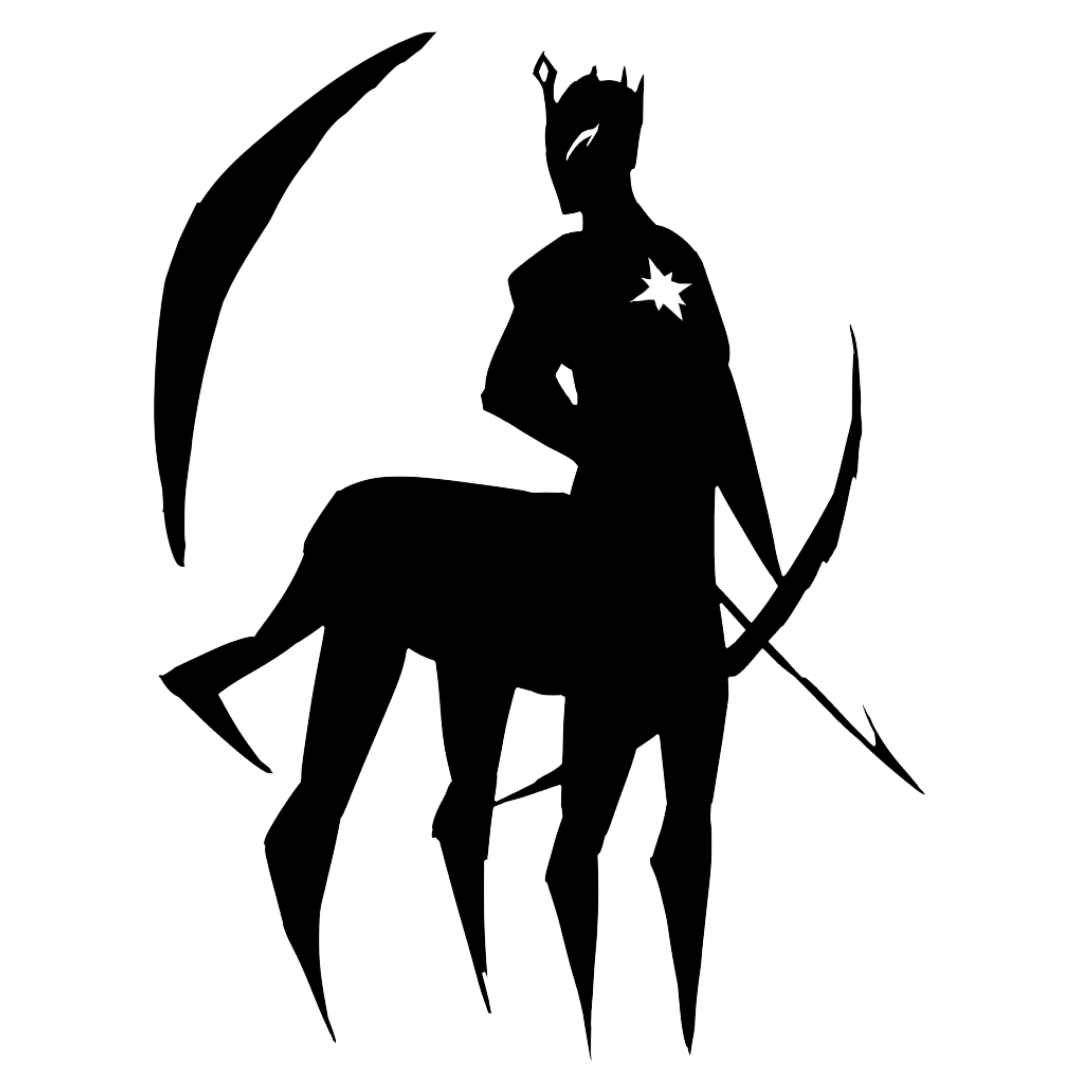Revue {R}évolution invites submissions from artists working within figurative genres. We seek creations that narrate episodes from mythology or illustrate renowned epic poems originating from the East, the West, and Africa.
Mythology, in its essence, represents a symbolic discourse on the Divine—be it the deity personified in the elements of Nature or the transcendent dimension humanity aspires to realize through religion. As such, any artwork submitted for consideration must encapsulate a transcendental quality, rising above the mundane to attain the profound.
Our art contest is closed. Join our general mailing list to be informed of Revue {R}'s current and future whereabouts, publications, courses, art opportunities & contest guidelines.


